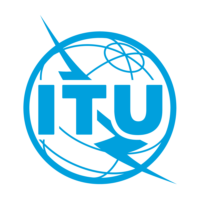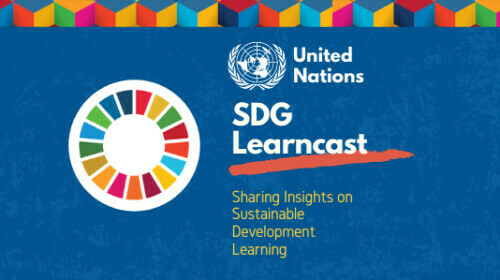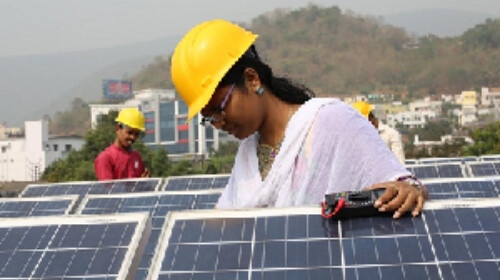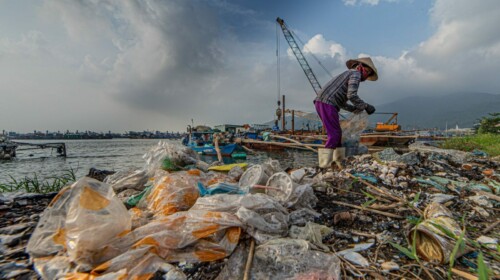This self-paced course aims to support national stakeholders in developing national Waste Electrical and Electronic Equipment (WEEE) policy and regulation. In addition to an introduction and overview, the course consists of the following four modules: 1) Waste Electrical and Electronic Equipment (WEEE), 2) Extended Producer Responsibility (EPR), 3) Financial Management, and 4) Government Stakeholder Groups and Interests. The course is estimated to take less than 1.5 hours to complete. Participants will receive a badge certifying successful completion if the course was passed at 60% or higher.
The course is available in English and French.
Download SyllabusTarget Audience
This self-paced course is aimed at Member States' and stakeholders interested in e-waste policy development. This course will touch upon the interests of different stakeholders, including local authorities, customs and finance, health and education, ICT regulation, environmental protection, trade and commerce, standards and statistics. This self-paced introduction aims at preparing stakeholders for WEEE policy development.
Learning Objectives
- Present the global challenge of managing WEEE;
- Explore the concept of extended producer responsibility regulation (EPR);
- Present different financing systems for WEEE management;
- Explore government related roles and responsibilities in WEEE management.








